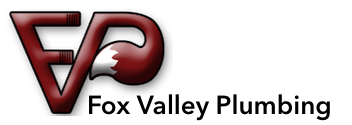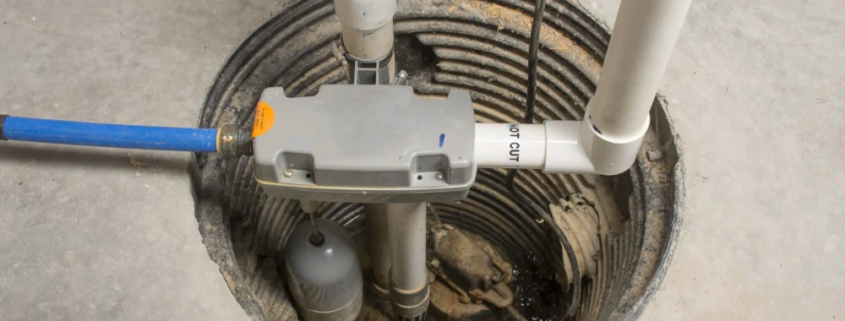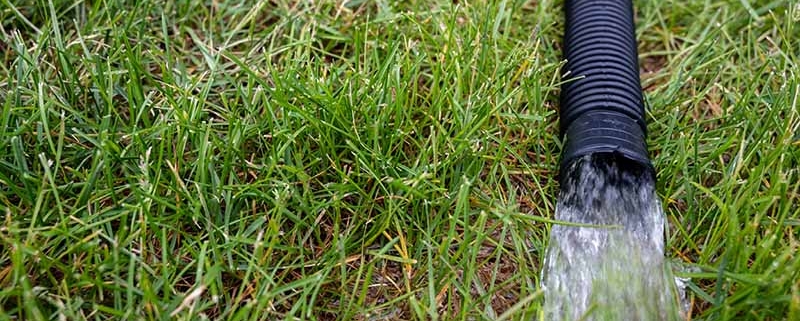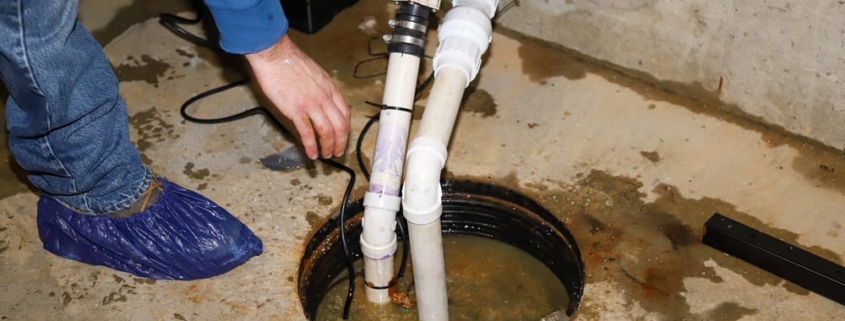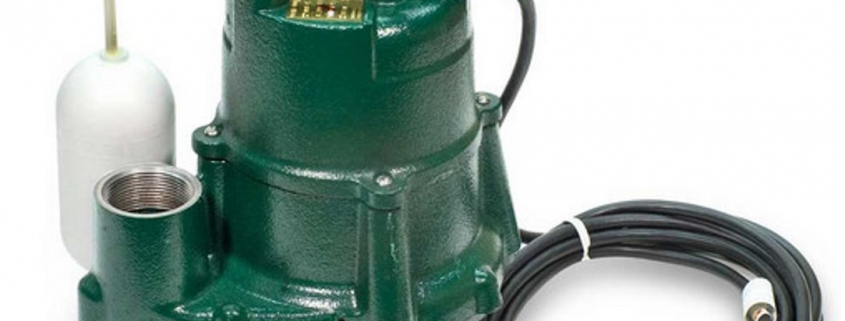TL;DR: Why a Battery Backup for Sump Pump Installation Matters
A battery backup for sump pump installation protects your home when power fails or your main pump stops. This guide explains how it works, why it’s essential, and why professional installation is the safest choice.
You’ll discover:
- How backup systems keep water moving during power outages or pump failures
- The main components of a battery backup system and how they operate
- Simple maintenance steps to keep your system reliable year-round
- Why hiring a qualified plumber ensures safe, long-lasting performance
- The key benefits of preventing water damage, mold, and costly repairs
With the right setup and care, your basement stays dry, your system runs smoothly, and you can rest easy—whatever the weather.
When heavy rain hits and power cuts out, water can rise fast. Within minutes, a quiet sump pit can overflow and flood the floor. That moment of panic is what a battery backup for sump pump installation is designed to prevent.
It steps in when the lights go out, or the main pump stops. Water keeps moving, and your basement stays dry.
Why a Battery Backup for Sump Pump Installation Matters
The storm pounds the windows, the lights flicker, and then everything goes dark. Your sump pump stops. Without backup, water creeps up the walls before you can find a torch. A backup system senses the loss of power and starts immediately.
The pump hums back to life, pushing water away from your home. It keeps your space protected until power returns.
A backup sump pump doesn’t only help during a power outage. It also protects you from issues like a failed float switch or tripped breaker. These faults stop the main pump cold.
A good backup starts right away. It keeps the pit steady while you plan the repair. Some systems also sound an alarm or send an alert. That early warning gives you time to act before damage spreads.
How Emergency Power for Sump Pump Systems Works
When the power fails, a smart controller switches to DC battery power within seconds. The pump runs quietly, with no fumes or fuel storage like a generator. Battery size and quality decide how long it runs.
Most systems use sealed deep-cycle or AGM batteries. They recharge automatically when the power returns. Some even include high-water alarms or app monitoring so you can check the system from your phone.
Regular testing keeps that safety net ready. Every few months, unplug the main pump briefly to confirm the backup starts on its own. Small checks like that make a big difference when a real storm hits.
Top Benefits of a Battery Backup System
A dry basement protects your home, health, and belongings. Water damage causes rot, rust, and mold, while damp air invites musty smells. Consistent dryness improves air quality and protects flooring, furniture, and stored items.
Flood prevention also saves money. One avoided flood can pay for the installation itself. You avoid insurance claims, expensive repairs, and the loss of personal items.
Many insurers appreciate homes protected by reliable sump pump systems. Built-in alarms give extra reassurance when storms roll in.
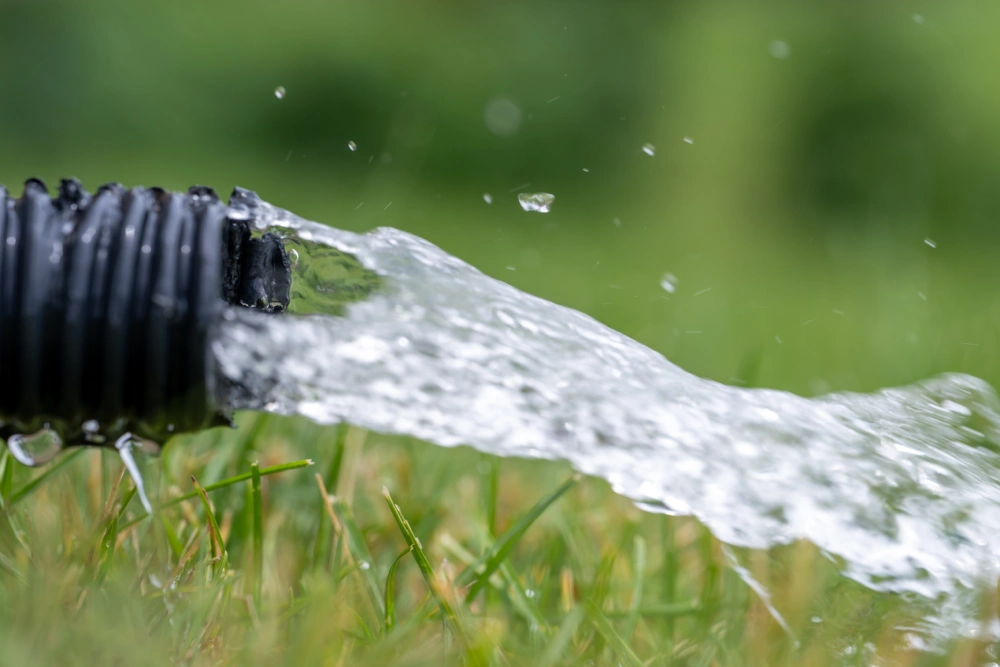
How to Install a Battery Backup on a Sump Pump
Each home setup is different. Start by choosing a system that fits your pump type, pit size, and power draw.
Most backup kits include a pump, battery box, charger, and control unit. A sealed deep-cycle battery keeps upkeep low. An AGM model lasts longer and charges faster.
Placement matters too. Keep the controller above floor level and away from moisture. Label each lead clearly. Connect the pump to your discharge line with a separate check valve to stop water from flowing back.
When everything is secure, test it by unplugging the main pump to confirm the backup starts right away.
Professional Help for Sump Pump Battery Backup Installation
Many homeowners choose a qualified plumber to install sump pump battery backup systems. A professional fits each part safely and checks that everything works as it should. They size the battery correctly, confirm proper drainage, and ensure reliable performance when the next storm hits.
If you’re unsure who installs sump pump battery backup systems, contact a licensed plumber. They’ll assess your pit and pump, recommend the best setup, and complete the job with care. You’ll also gain expert advice on maintenance and testing. Proper installation protects the battery, wiring, and controller so the system stays dependable all year.
Routine Care Keeps Your Backup Reliable
Once installed, maintenance is simple. Keep the battery box clean and ventilated. Test monthly to confirm it runs smoothly. Replace the battery every few years as directed to keep performance steady.
A little care now saves stress later. When dark clouds gather and thunder shakes the windows, you can relax knowing your system is ready.
Trust the Pros to Keep Your Basement Dry
A battery backup for sump pump installation keeps your home protected during storms and power cuts. It delivers steady performance when your family needs it most. Skilled plumbers install a battery backup on a sump pump with care.
Add a battery backup for lasting peace of mind and know your home is protected when weather turns wild. Learn more about our sump pump service and repair here.
